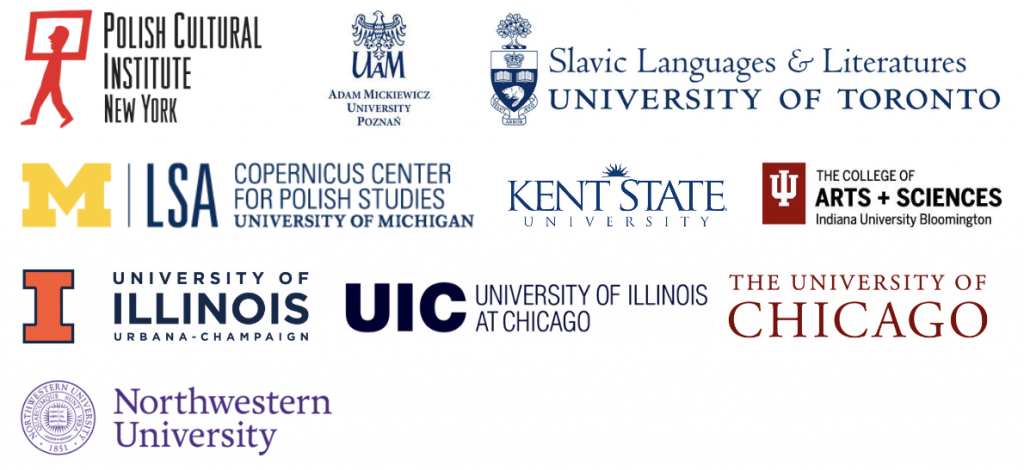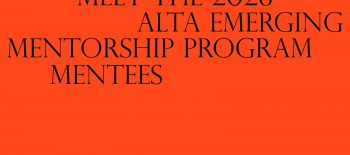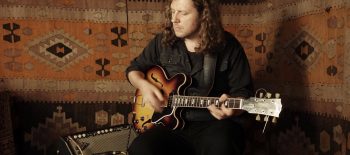October 1, 2021
Episode 9 and all video recordings are available at:
Polish Cultural Institute New York YouTube
Encounters with Polish Literature is a new video series for anyone interested in literature and the culture of books and reading. Each month, host David A. Goldfarb will present a new topic in conversation with an expert on that author or book or movement in Polish literature. More about the Encounters with Polish Literature series and the timeline.
Marek Hłasko (1934-69) was born and spent his early years in Warsaw witnessing the horrors of the German occupation and destruction of the capital during the Second World War. His parents were divorced when he was three years old, and he and his mother moved around the country after the war, landing in Wrocław, where he had trouble in school, and became a truck driver, returning to Warsaw in 1951, when he began writing. He came to prominence after the death of Stalin during the Thaw of the mid-1950s, when it was permitted to criticize the regime to some extent. During this early phase he wrote stories and short novels that followed the form of Socialist Realism, about workers and construction projects, for example, but rather than showing the fantasy of “reality in its revolutionary development” according to the official Soviet doctrine, he described reality as it was, revealing poor living conditions in Warsaw’s communal apartments and squats, small time corruption, bureaucracy, and inefficiency.
He went to Paris in 1958, staying in Maisons-Laffitte and publishing in Kultura, the émigré journal and publishing house of the opposition, and this caused him to fall out of favor with the Polish government. He traveled to Italy; Israel; Germany where he married actress, Sonja Ziemann who played the female lead in Aleksander Ford’s film of The Eighth Day of the Week; and Hollywood where he met with friends—the film director Roman Polański, and jazz pioneer Krzysztof Komeda, whose death he likely caused.
In this episode, we look at several works including Hłasko’s early masterpiece, The Eighth Day of the Week—a kind of production novel about a couple looking for privacy in the ruins of Warsaw. We consider two works from his Israeli period that show the “wild West” era of tough Sabras and awkward European refugees in the early days of the Israeli state in Killing the Second Dog and All Backs Were Turned. We examine his haunting Holocaust story “Searching for the Stars,” which is available for free on the internet in Tablet magazine, and along the way we take a glance at his memoir Beautiful Twentysomethings. We think about the legacy of the war and the problem of underlying melancholy, survivors’ guilt, the concepts of memory and postmemory, absent fathers, and the phenomenon of hypermasculinity and the compulsion to create “James Dean”-type characters in the mid-twentieth century.
Selected English translations of the work of Marek Hłasko:
All Backs Were Turned. Tr. Tomasz Mirkowicz. Intro. by George Z. Gasyna. New York: New Vessel Press, 2014.
Beautiful Twentysomethings. Tr. Ross Ufberg. Foreword by Jarosław Anders. DeKalb, Ill.: Northern Illinois University Press, 2013.
The Eighth Day of the Week. Tr. Norbert Guterman. Evanston, Ill.: Northwestern University Press, 1994.
The Graveyard. Tr. Norbert Guterman. Intro. by James Sallis. Brooklyn: Melville House, 2013.
Killing the Second Dog. Tr. Tomasz Mirkowicz. Intro. by Lesley Chamberlain. New York: New Vessel Press, 2014.
“Searching for the Stars.” Tr. Ross Ufberg. Tablet Magazine. 20 November 2014.
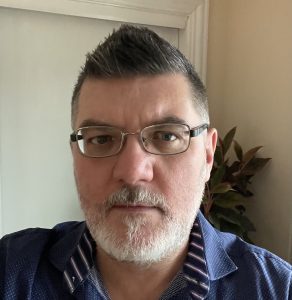
George Z. Gasyna was born in Łódź, Poland, and emigrated with his family to Canada at the age of 11. He holds two degrees in Slavic Studies from McGill University in Montreal, and a PhD in Comparative Literature from the University of Toronto. He is currently Associate Professor of Slavic Languages & Literatures and Comparative & World Literature at the University of Illinois at Urbana Champaign, where he also holds faculty appointments in the Program in Jewish Culture and Society and the Unit for Criticism and Interpretive Theory. Prof. Gasyna is author of Polish, Hybrid, and Otherwise: Exilic Discourse in Joseph Conrad and Witold Gombrowicz (London and New York: Continuum, 2011), and editor for the volume Joseph Conrad’s Polish Soul: Realms of Memory and Self (Lublin and New York: Columbia University Press, 2016). He wrote the introduction to Marek Hłasko’s 1964 novel, All Backs Were Turned, tr. Tomasz Mirkowicz (New York: New Vessel Press, 2014). His articles have appeared in a number of journals including Slavic Review, Canadian Slavonic Papers, Polish Review, and Russian Literature. He is presently completing a book treating 20th and 21st century Polish provincial and borderland fiction. For 2020-2025, he has been appointed Conrad Humanities Professional Scholar in the College of Liberal Arts and Science at his university, an award that recognizes promising mid-career researchers in the humanities.
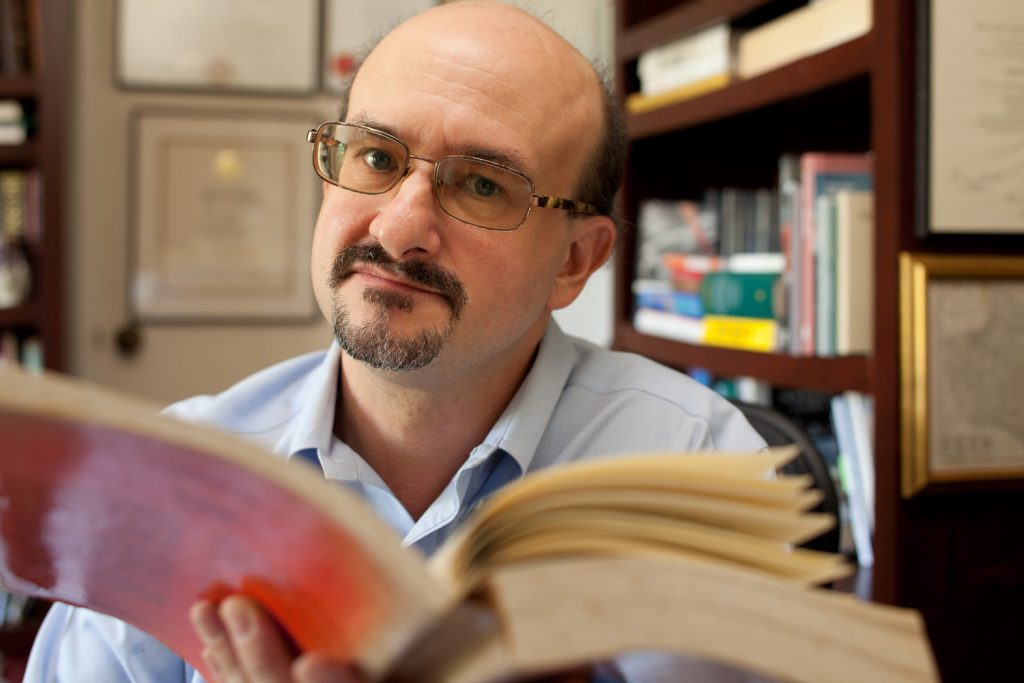
David A. Goldfarb is an independent scholar of Polish literature and literary theory, a literary translator from Polish to English, and a liaison for Polish authors to US publishers. In 2018 he translated feature articles and interviews from Wysokie Obcasy—the weekly women’s supplement to Poland’s main independent daily paper Gazeta Wyborcza—for Newsmavens.com, a pan-European women’s news portal. From mid-2010 to the end of 2013, he was Curator of Literature and Humanities Programming at the Polish Cultural Institute New York, a diplomatic mission of the Ministry of Foreign Affairs of the Republic of Poland. Prior to that he served as Assistant Professor of Slavic Literatures and Comparative Literature at Barnard College, Columbia University.
He holds a doctorate in Comparative Literature from the Graduate Center of the City University of New York as well as an M.A. in Slavic Languages and Literatures from the University of Toronto, and a B.A. in Philosophy from Cornell University and Deep Springs College. He has published articles on Bruno Schulz, Zbigniew Herbert, Stanisław Ignacy Witkiewicz, Mikhail Lermontov, and East European cinema in such journals as East European Politics and Societies, Indiana Slavic Studies, Philosophy and Literature, Prooftexts, The Polish Review, Slavic and East European Performance, and Jewish Quarterly, and he has published book chapters on Jozef Wittlin, Witold Gombrowicz, and Nikolai Gogol and Giuseppe Arcimboldo. He has written the introduction and notes for Tolstoy’s “The Death of Ivan Ilych” and Other Stories and Turgenev’s Fathers and Sons for the Barnes and Noble Classics series, and for the Penguin Classics edition of the The Street of Crocodiles and Other Stories by Bruno Schulz.
Bartek Remisko, Executive Producer
David A. Goldfarb, Host & Producer
Natalia Iyudin, Producer
This project is part of 21-anniversary celebration of Polish Cultural Institute New York.
Partners:
